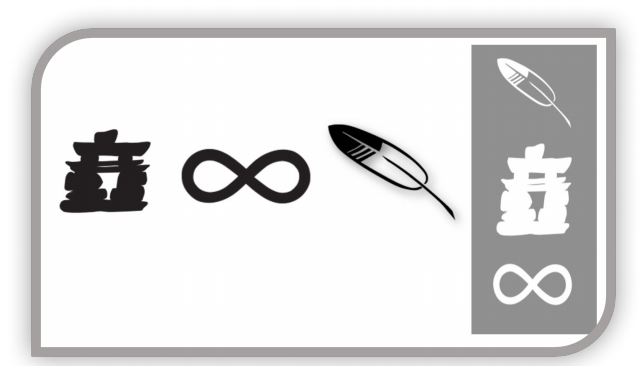Learn about the benefits of constructing a multi-year internship from a MLIS student's perspective.

Reconciliation paths: CFLA-FCAB TRC report
“In order to redress the legacy of residential schools and advance the process of Canadian reconciliation, the Truth and Reconciliation Commission makes the following calls to action.”
~ Truth and Reconciliation Commission (TRC) of Canada Calls to Action
Of the 93 calls to action contained in the final TRC report, only Call 69 refers directly to libraries: Library and Archives Canada must respect and respond to the inalienable right of Indigenous peoples to know the truth of the residential school experience and legacy. Members of the Canadian Federation of Library Associations-Canadian Federation of Library Associations / Fédération canadienne des associations de bibliothèques (CFLA-FCAB) recognize, however, that all libraries, archives and cultural memory institutions in Canada must participate in reconciliation efforts. And, on April 24, 2017, the CFLA-FCAB TRC committee released its initial report that includes a set of 10 recommendations to support and guide these efforts.
Camille Callison, Indigenous Representative on the board of CFLA-FCAB, chaired the TRC committee. As Callison explains, “When implemented, these overarching recommendations will ensure libraries, archives, cultural memory institutions and other stakeholders are always encouraged to make materials and programming accessible to all Canadians.”
The TRC committee consisted of 42 participants from across Canada, each representing a CFLA-FCAB member association. The group had a tight timeline for preparing its initial report: Work began in September 30, 2016 and finished on February 1, 2017. Feather Maracle Luke, Chair, OLA Indigenous Task Group, along with Trudy Russo, Special Collections Librarian, Lakehead University represented the Ontario Library Association (OLA) on the committee.
Under Callison’s leadership, four teams were created to correspond to the four quadrants of the medicine wheel:
- Black: Research Best Practices
- Yellow: Relationships National Aboriginal Library Association (NALA) Liaison
- White: Analysis TRC Calls to Action
- Red: Future Decolonize
While each group focused on a particular area or set of issues, Callison says that overall the committee is “recommending that library systems address structural biases by integrating Indigenous theories of knowledge into the way libraries store, organize, and share knowledge and information.”
Michael Dudley, Manitoba Library Association representative, worked on the recommendations and annotated bibliography related to cataloguing and classification.
Dudley, who wrote extensively for this section, thinks that the project has been rewarding because, “working with so many colleagues from across the country on this important goal, Canada’s libraries will now be much better-equipped to support, contribute to and create pathways to reconciliation—and in so many diverse ways.”
Certainly, this report provides a useful framework for libraries, archives and cultural memory institutions to begin and/or continue needed conversations on access to information and knowledge for Indigenous peoples—conversations which will constitute respectful pathways to decolonization.
Martha Attridge Bufton, BBA (Hons), MA, MLIS candidate, is the Open Shelf editor-in-chief and a subject specialist in Reference Services at the Carleton University Library. Her research interests include game-based learning, writing communities and the decolonization of information literacy. Martha represented the Canadian Association of Professional Academic Librarians on the CFLA-FCAB TRC Committee as a member of the Red Team. She can be reached at martha.attridgebufton [at] carleton.ca.
This Post Has One Comment
Comments are closed.



[…] of Library Assocations / Fédération canadienne des associations de bibliothèques has released a set of recommendations to guide the paths that libraries, archives and cultural memory institutions in Canada can take to […]